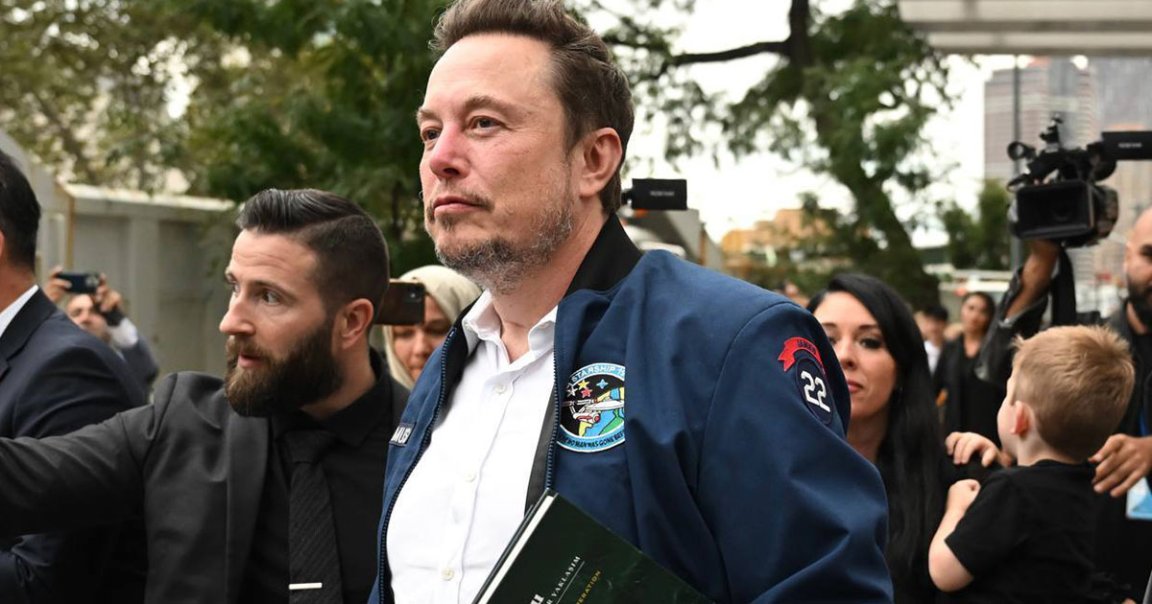
X-formerly-Twitter is still bleeding advertisers under Elon Musk’s characteristically unpredictable leadership — and the situation may be even more dire than we’d thought.
As Insider reports, marketing consultancy Ebiquity found that the vast majority of the biggest spenders have stopped advertising on X following Musk’s ill-fated takeover last year.
That seems to contradict Musk’s and CEO Linda Yaccarino’s recent promises that all is well and that most of the advertisers have since returned.
According to the marketing firm’s data, only two of Ebiquity’s clients bought ads on X last month, a massive drop from 31 brands in September 2022. The consultancy works with 70 out of 100 top-spending advertisers, per Insider, including the likes of Google, Walmart, and General Motors.
“This is a drop we have not seen before for any major advertising platform,” Ruben Schreurs, Ebiquity’s chief strategy officer, told the publication.
The news highlights X’s ongoing financial struggles — advertising has historically been Twitter’s main source of revenue — and the possibility that Musk and Yaccarino may not be being entirely truthful about the site’s dismal situation.
During a chaotic conversation at Vox‘s Code Conference last month, Yaccarino claimed that 90 percent of the platform’s top 100 advertisers had returned over the “last 12 weeks” and that the company would be “turning a profit” next year.
Musk also promised in April that “almost all” X’s advertisers had either come back or said they were planning to. Yet in September, he admitted that US ad revenue was down a whopping 60 percent, without giving a time frame.
So what is it? Is X really turning things around, or is it still a massive money pit for Musk, who famously took on tens of billions of dollars in debt to buy the company?
For one, we clearly should take claims being made by X’s leadership with a hefty grain of salt. Schreurs told Insider that Ebiquity’s investigation has led to “serious concerns about the trustworthiness of public statements made by Musk and Yaccarino.”
While Musk may seriously be struggling to get advertisers back on the platform, he’s resorted to other questionable measures to stop the company from hemorrhaging money.
Musk recently hinted at charging users $1 to tweet, for instance, in an alleged attempt to “reduce spam, manipulation of our platform and bot activity” — which sounds a bit like a desperate revenue play as well.
Whether that will stop the platform from quickly turning into an unmoderated misinformation free-for-all remains to be seen.
Given what we’ve seen so far, it’s not exactly looking promising, which is almost certainly what’s driving advertisers away in the first place. A recent investigation by news trustworthiness organization NewsGuard found that the majority of viral misinformation about the Israel-Hamas war on X is coming from blue-check verified users, suggesting X may be directly contributing to the problem by algorithmically boosting bad info.
An analysis by digital marketing firm Similarweb last week also showed that traffic on the platform has also fallen significantly, suggesting users are going elsewhere as X stews in self-inflicted chaos.
More on Twitter: Elon Musk Is Now Bullying Wikipedia